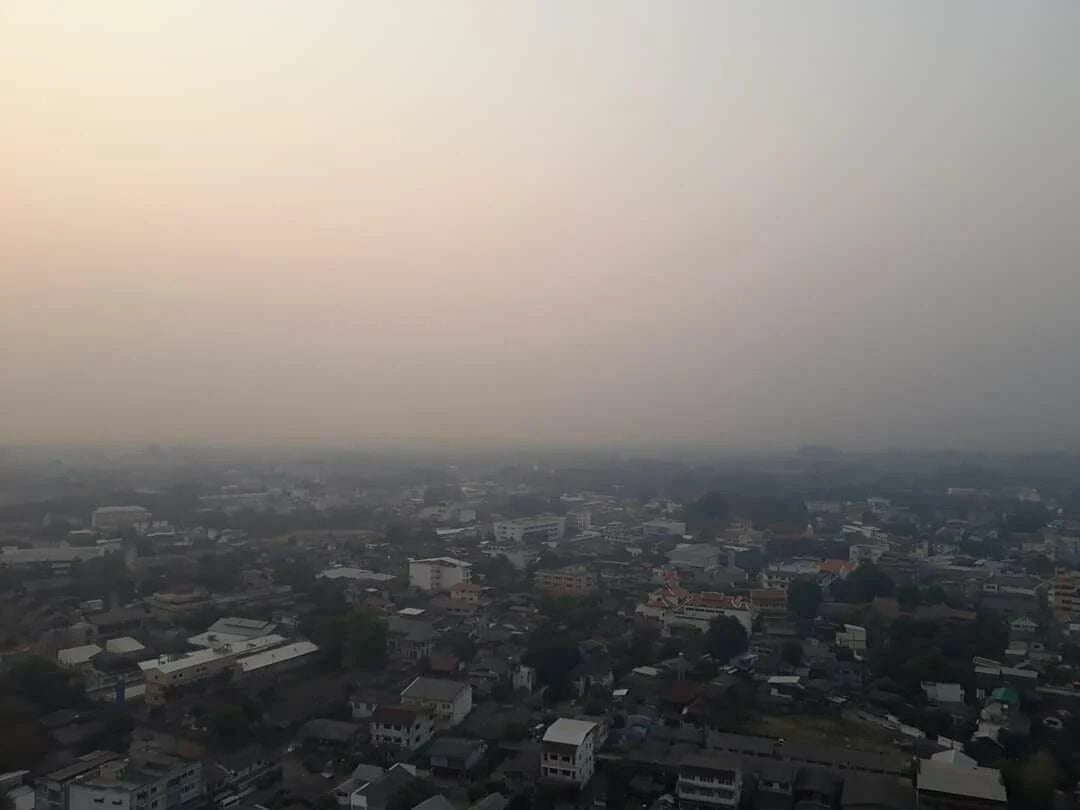Thai govt resists declaring Chiang Mai a disaster zone despite pollution

The Government of Thailand has chosen not to declare Chiang Mai a disaster zone despite escalating air pollution, according to Prime Minister Srettha Thavisin. The decision was largely influenced by concerns that such a declaration could negatively impact the province’s tourism industry.
The Bangkok-born PM voiced his government’s stance on platform X, explaining that declaring the province a disaster zone would likely deter foreign tourists, particularly those whose insurance policies do not cover issues arising in disaster-stricken regions. He added that alternative solutions to the air pollution problem are being explored to minimise the impact on the economy.
Moreover, the government has allocated additional funding to the Department of National Parks, Wildlife and Plant Conservation (DNP) to aid in combating the wildfires plaguing the region. The 62 year old Thai prime minister highlighted this as an unprecedented move, stating that the approved funding exceeds previous allocations for disaster relief.
Despite the government’s efforts, criticism has been rampant due to the reluctance to label Chiang Mai a disaster zone, in light of the deteriorating air quality that has even led the province to be listed among the world’s most polluted regions.
However, the government’s decision has found support among tour operators, with many opposing the disaster zone declaration given the potential implications on residents’ health.
Panlop Sae Jiew, the chair of the Tourism Council of Chiang Mai, shared on Facebook that between March 1-16, over 52,000 tourists arrived in Chiang Mai, contributing over 1 billion baht to the local economy. He expressed concerns that tourism would plummet if the province were to be declared a disaster zone, while the dust pollution issue remains unresolved.
The situation remains critical, with harmful PM2.5 pollutants detected in 42 provinces and all 19 Northern provinces witnessing high concentrations of fine dust particles. Mae Hong Son, in particular, has experienced a surge in air pollution due to wildfires, recording a PM2.5 concentration of 294 microgrammes per cubic metre early Monday morning, the highest in the North.
Latest Thailand News
Follow The Thaiger on Google News:


























